Yesterday, our resident blogger HAX demanded Sanctuary for Snowden! He also noted that Aftenposten, Norway’s leading newspaper, in a powerful editorial urged the Norwegian Nobel Committee to award Edward Snowden the Peace Prize this year. They published their editorial in English.
To be chosen, Snowden must first be nominated. Well, we made sure he is!
The Board of 5th of July Foundation considered Edward Snowden to be an outstanding choice for Nobel’s Peace Prize. Of course the foundation does not have the right to nominate candidates. But one of our board members have. Love Ekenberg is Professor and Head of the Department of Computer and Systems Sciences within the Faculty of Social Sciences at Stockholm University and belongs to one of the eligible categories.
Professor Ekenberg wrote a Nomination Letter that the 5th of July Foundation do fully support. Stockholm University published the letter in Swedish. Below you find it in English.
In fact, at least eight nominations have been made public and there are potentially many more. Ekenberg submitted the nomination on January 28, 2014, thus well within the deadline. Stockholm University announced it on February 5. Our blogger HAX was even himself involved in another nomination – as the assistant to Member of European Parliament Christian Engström, one of five signatories of a nomination letter from the Pirate Party.
The nomination letter from Professor Love Ekenberg in English for the first time:
I hereby nominate Edward Joseph Snowden to be awarded the Nobel Peace Prize 2014
A foundation for freedom of opinion and democracy is that people privately and without reprisals from exsisting powers can communicate with each other, exchange ideas, experiences and opinions. Rights to confidential communications are therefore classified as basic human rights and are enshrined in constitutions, laws and international declarations.
Edward Snowden’s leaking of documents has shown that general surveillance by e.g. NSA stretches further than few could imagine. Snowden has stated that “…they are intent on making every conversation and every form of behavior in the world known to them. “
We should remind ourselves of a citation normally attributed to Cardinal Richelieu, the champion of the Absolute Monarchy in 17th century France: “Qu’on me donne six lignes de la main du plus honnête homme, j’y trouverai de quoi le faire pendre” (“Show me six lines written by the most honest man in the world, and I will find enough therein to hang him”).
The documents have shown that unfettered intelligence organizations from various nations do exchange information in a way that risks making every citizen a target. Edward Snowden: “I believe that at this point in history, the greatest danger to our freedom and way of life comes from the reasonable fear of omniscient State powers kept in check by nothing more than policy documents.”
It was hardly such cooperation between state powers that Alfred Nobel referred to when he wished to award the Peace Prize to those who “shall have done the most or the best work for fraternity between nations.” Snowden’s disclosures now provide all of us with an opportunity to build such fraternity – citizen to citizen of different nationalities.
Fully aware that he would be a hunted man for the rest of his life did Edward Snowden leave a highly paid position and an excellent career, a house in Hawaii, a girlfriend, and family, in order to do what he considered right and that now benefits us all. He has shown extraordinary personal courage.
The Nobel Committee can make a major contribution by rewarding Snowden with the Nobel Peace Prize. It may give others the courage to come forward and become whistle blowers when they see abuse of power that is unknown to the public and that undermines the democratic foundations and human rights.
“Everyone everywhere now understands how bad things have gotten — and they’re talking about it. They have the power to decide for themselves whether they are willing to sacrifice their privacy to the surveillance state.” (Edward Joseph Snowden)
Love Ekenberg, Professor and Head of Department of Computer and System Sciences, Faculty of Social Sciences, Stockholm University

